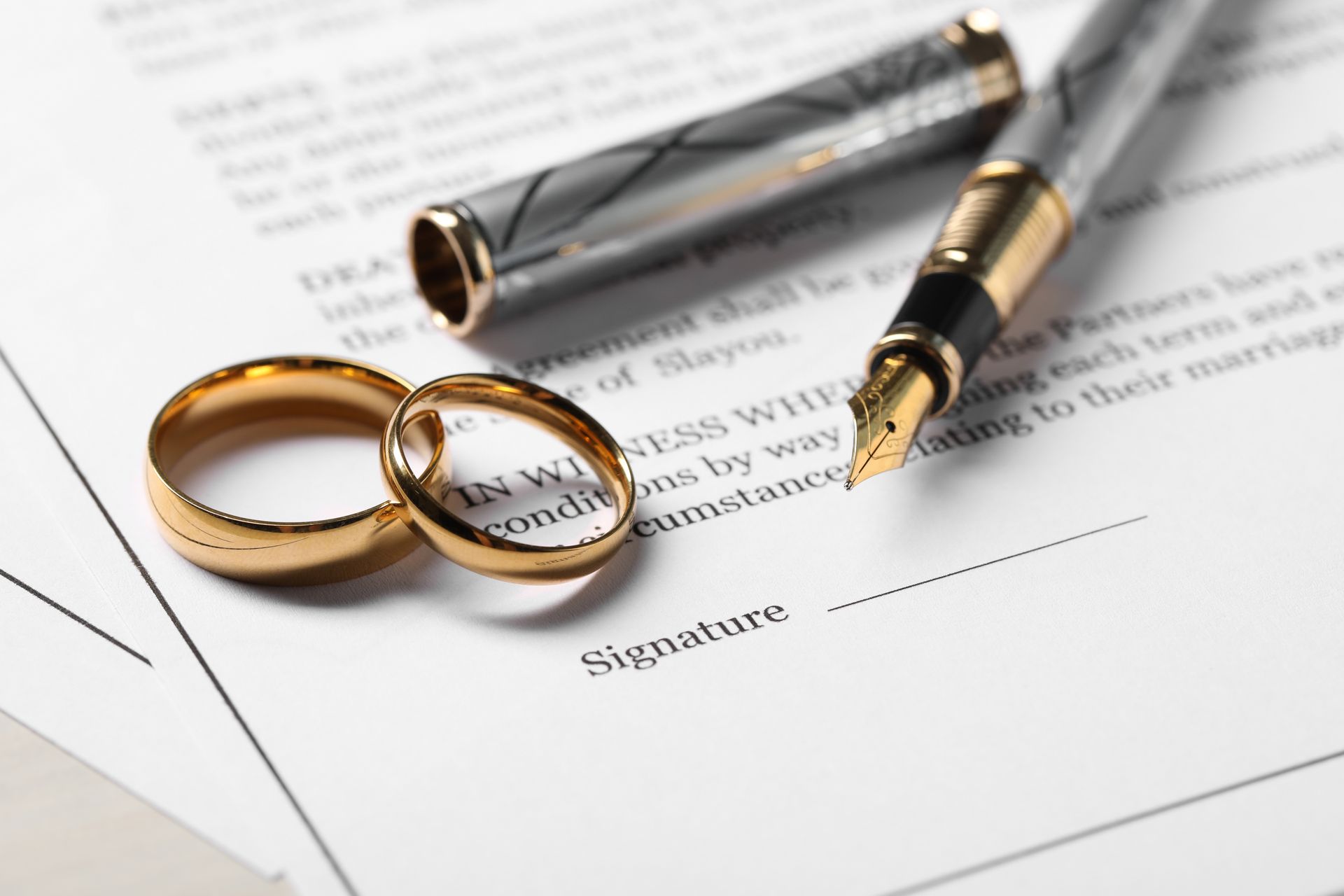Estate Planning when You’re Single
If you’re single, estate planning may be the last thing on your mind. Estate planning when you’re single is just as important as when you’re married – if not more!
Dying without A Will
If a person is married and dies without a Will, their property is divided under the law of intestate succession. Their assets will pass along to their spouse and children. If they have no children, the spouse will inherit everything.
In comparison, if a person is single and dies intestate, their assets go to their closest first-degree relatives. If they have children, the children will receive the inheritance. However, if there are no children, all the assets will be split evenly between surviving parents. If no parents survive then assets get split evenly among siblings (or their descendants).
In the case of a person dying with no surviving relatives, the assets will go to the state.
Benefits of Estate Planning when You’re Single
Whether you have children to whom you’re leaving your estate or you simply want to make sure your assets are in order, there are many benefits of estate planning when you’re single.
One of the biggest advantages to estate planning is getting to choose where (who) your money, property or assets go. This may include relatives, friends, or charities.
In addition, estate planning enables you to choose who has control over your medical decisions if you are no longer able to make those decisions for yourself. This person is known as your medical power of attorney and should be a trusted friend or family member.
When it comes to estate planning, it is very important to give specific instructions on how you want your affairs managed. Once in writing, your instructions must be followed by the estate executor or those agents authorized by a Power of Attorney document.
Estate Planning Requirements
There are many pieces that make up the whole of your estate plan. To ensure your estate is allotted properly following your death, work with an estate planning attorney on these critical documents:
- A Will
- Medical Power of Attorney
- Living Will
- Financial Power of Attorney
- Standby Guardianship and Conservatorship
Working with An Estate Planning Attorney
If you are ready to begin planning your estate or you’re just interested in learning more about working with an estate planning attorney, contact Daniel Willems. Request a consultation.



